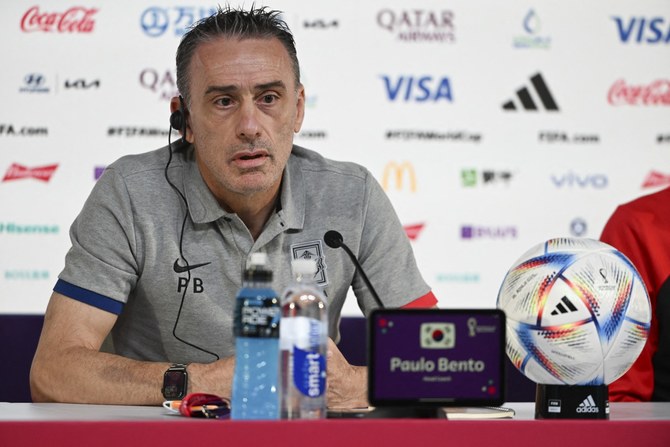
hosts follow this West Indies team. Like every other squad who’ve travelled from the Caribbean to England in the last couple of decades they’re haunted by the men who came before them, men you still see on the TV, hear on the radio, and read about in books, magazines, and newspapers such as this one.
Say West Indies haven’t won an opening Test here in 20 years, and see Courtney Walsh and Curtly Ambrose in their last, late, unplayable pomp, bowling endless, parsimonious overs in 2000. Say West Indies haven’t won’t a series here in 32 years, and think of Gordon Greenidge and Viv Richards in all their glory, smacking fours to all quarters back in 1988.
All that and more. West Indies’ history in Test cricket still feels so close because they’ve written so little more of it worth talking about in the years since. The team have not won an away series against one of the seven sides currently ranked above them since the winter of 1994-95, when they beat New Zealand. In 25 years since, the only teams they’ve beaten outside the Caribbean are Zimbabwe, Bangladesh and Afghanistan. Here in England, this latest Test was only their second victory in 20 years, after that famous run chase at Headingley in 2017. And even that one feels a little bittersweet now, because the man who won it for them, Shai Hope, hasn’t made a Test century since.
For a long time this slump meant there was a tension there between what was and what is, between those players and these, the men who bequeathed the legacy and the men who squandered it. In his book about the decline of West Indian cricket, Cricket Without A Cause, Hilary Beckles, professor of economic history at the University of the West Indies, describes it as a kind of mutually assured destruction. “The ‘legends’ have been brutal in their bashing of the ‘losers’,” Beckles writes, “who appeared to them casual, careless, and generally cavalier about their extraordinary inheritance. Some comments have struck the heart of young players with long-term crippling effect.”
In response, the “losers” ran down their predecessors’ achievements. Think of Brian Lara’s sour MCC Spirit of Cricket Cowdrey Lecture in 2017, when he called out the “unsporting behaviour” of the West Indian generation before his. “I grew up in a time when the West Indies dominated the world,” Lara said. A time which, he insisted, it was impossible to “feel proud” of now because the way that team played had been against the spirit of the game.
Think of the row between Denesh Ramdin and Viv Richards, that little slip of paper reading “Yea Viv talk nah” Ramdin pulled out after he scored a century at Edgbaston in 2012. Think of all the barbed back‑and‑forths in the press and on social media about the priorities of the T20 generation.
According to Beckles it all got so bitter that for you could feel the chill whenever the two generations assembled. At parties “each group took to opposite sides to leave the middle occupied by guests who formed a human shield”.
Now all that, too, is starting to slip back into the past. Before the start of this series, Kemar Roach told the Guardian how he felt about it all. “It’s just that we have a great history, man, that’s it,” Roach said. “People always go back to that, and that’s fine.” He’s right, the legacy of the team who spent 15 years at the top of the world rankings is so big it casts a lot of shade.
It is also true that in Test cricket it doesn’t take much to overshadow what has been achieved since. But, like Roach says, in the last few years, they’ve been starting to build. They’ve beaten England in four of their last six Tests now. “Obviously we would love to have been better as a team, but we’re working towards it. It’s a work in progress.”
The progress is led by Jason Holder, a man who has grown up with such clear ideas about where he fits into this history, and what the team need to do to move on from it. The journalist Bharat Sundaresan tells a story about the time Holder was captain of the West Indies academy team in 2011, and he and his players attended a talk at the Cricket Legends of Barbados museum in Bridgetown to hear two of those legends, Seymour Nurse and Tony Cozier, talk about the good old days. When they got to the Q&A at the end, Holder, 19 at the time, got in the first question and spoke so well about his own ideas of what his generation had to do to carry the West Indian legacy forward that the men on stage ended up applauding him.
Holder, Beckles writes, has “a brilliant young mind hungry for practical knowledge and cricket wisdom”. And as captain he has made a point of “calling upon the legends to lend support in critical spaces, such as the nets, locker room, and over dinner tables”. And he’s been rewarded for it with their knowledge and backing. “I respect them for what they’ve done in the game,” Holder told Wisden Cricket Monthly last year. “I’ve not been privileged to see it first-hand. They’ve had their era, they’ve had their time, it’s about us now. It’s about us trying to make our era, make our time.”
If he and his team can just find a way to win one of these next two Tests, all that history will begin to seem a little bit more distant at last.












